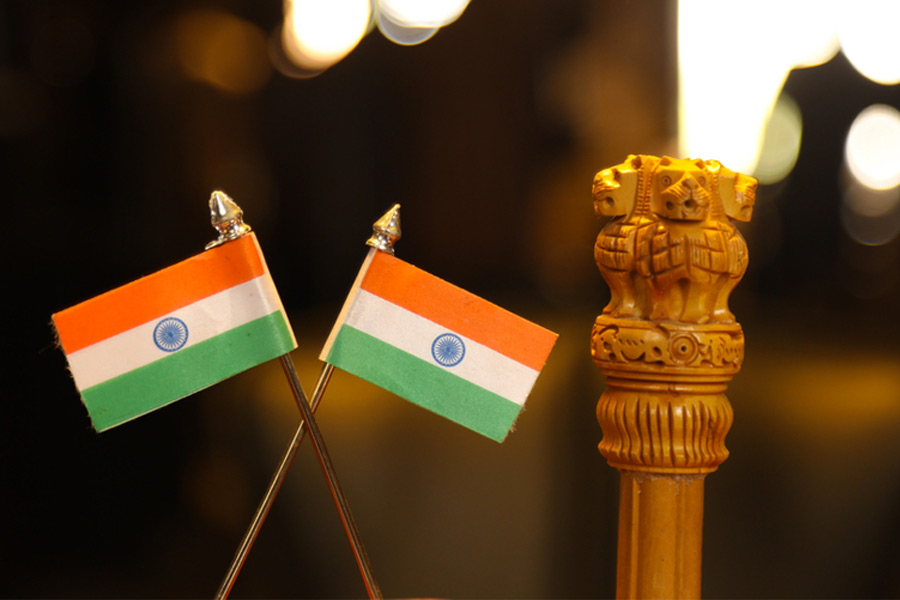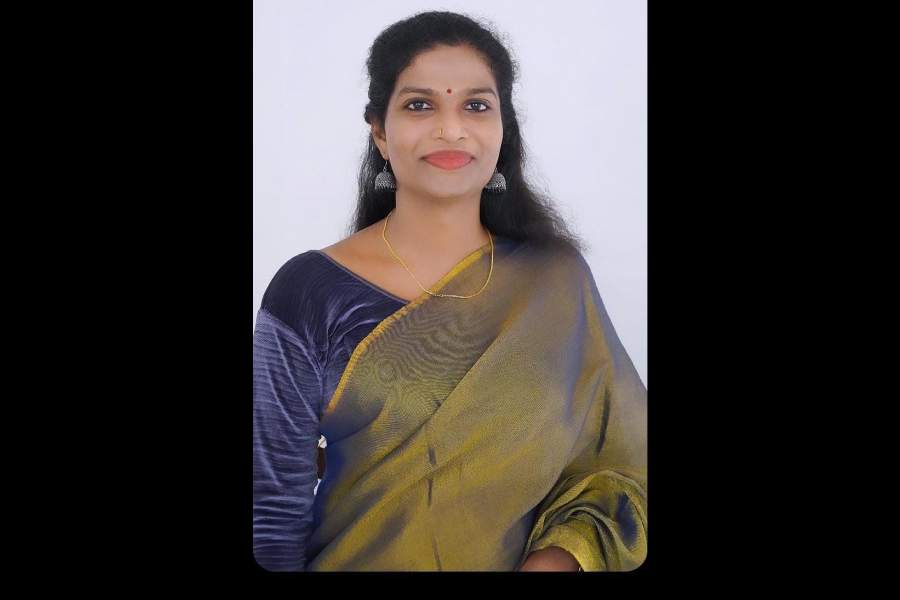The republic turns 75 on Sunday. The nation will rejoice.
Some will also worry about changes that they fear do
not bode well for the nation’s future.
Cultural differences have found their way into tiffin boxes and classroom conversations that are creating divisions, several school principals said.
Many parents and even children allegedly object to non-vegetarian food in their friends’ snacks or make objectionable remarks about others’ habits.
- A primary schoolgirl objected when her mother gave her a chicken patty for tiffin. “My partner doesn’t like it and makes faces when she sees chicken in my tiffin box,” she told her mother.
- An Indian family relocated to the city from London. A boy of the family was told by his peers in school: “You are British. They plundered and looted us.”
There are more glaring examples that are not fit for print.
Not all remarks are as blatant or direct but have an underlying tone, said teachers.
“Such conversations now enter classrooms at a much younger level. We try to sensitise our children citing real-life examples like eating in a restaurant or travelling by air where they will not be able to change what the next person eats. Then why would they do so in school?” said Pratima Nayar, junior school principal at Calcutta International School.
Terence Ireland, principal of St James’ School, said sometimes remarks carry “underlying insults”.
“Some indirect remarks about one’s culture are made in jest among boys or only
to irritate one another. We do not ignore them because it
can escalate and we cannot allow it to get serious,” said Ireland.
Teachers said many conversations among schoolchildren come from home environments because they are privy to what is being discussed in the house or in social circles.
Parents often do not make the schools’ job easier.
“Parents are increasingly intolerant and that is cascading onto children,” said Nupur Ghosh, vice-principal, Mahadevi Birla World Academy.
Some parents request the school to not seat their child next to a non-vegetarian child. “We receive many such requests but do not entertain them,” said Ireland.
In one school, there was a request from a parent to have a separate section with children who eat non-vegetarian food.
Schools said they do not entertain such requests but they often become fence-sitters trying “not to get into any kind of confrontation”.
During events, schools now opt for lunch boxes that suit everyone.
“In the past four or five years, we switched to food everyone can eat. We have tried to find something common to everyone,” said an official at St James’.
Parents, too, have become wary.
At the birthday celebrations of a girl from a minority community, the parents decided to serve only vegetarian. The mother was wary that many children may not turn up because of their food preferences. “Many children in her class do not eat non-veg food, so why take chances? They might not feel comfortable,” the mother said.
South City International School tells children in junior classes not to share each other’s tiffins.
“We don’t allow interference from parents regarding where a child will be seated in class. But we tell children not to share each other’s food saying that somebody might be allergic to an item,” said Satabdi Bhattacharjee, principal, South City International School.
“It is a pity that in the process they are losing out on essential values like sharing, which is part of growing up,” she said.
In senior classes, however, students are more independent and do not allow parental interference, said Bhattacharjee.
Racist or sectarian remarks can aggravate divisions in class, said teachers.
“Schools play a powerful role in changing the mindset of children. We address our children about cultural differences and the need to accept everyone instead of being exclusive. We tell the parents that schools are common places for all and we cannot have segregation,” said Nayar of Calcutta International.
Mahadevi Birla vice-principal Ghosh said: “One has to respect each other’s differences rather than expect everyone to conform to the same. That is what we tell our children. In many families, they are used to non-veg food and if a child does not take to non-veg, they disapprove of that. Even that is wrong.”
The influence of social media at times is overpowering and young people tend to get influenced, teachers said.
“We try to impress upon our children that they have to form their own opinion
instead of getting influenced by somebody or a group of people. One has to be discerning and accepting,” said Ireland.











